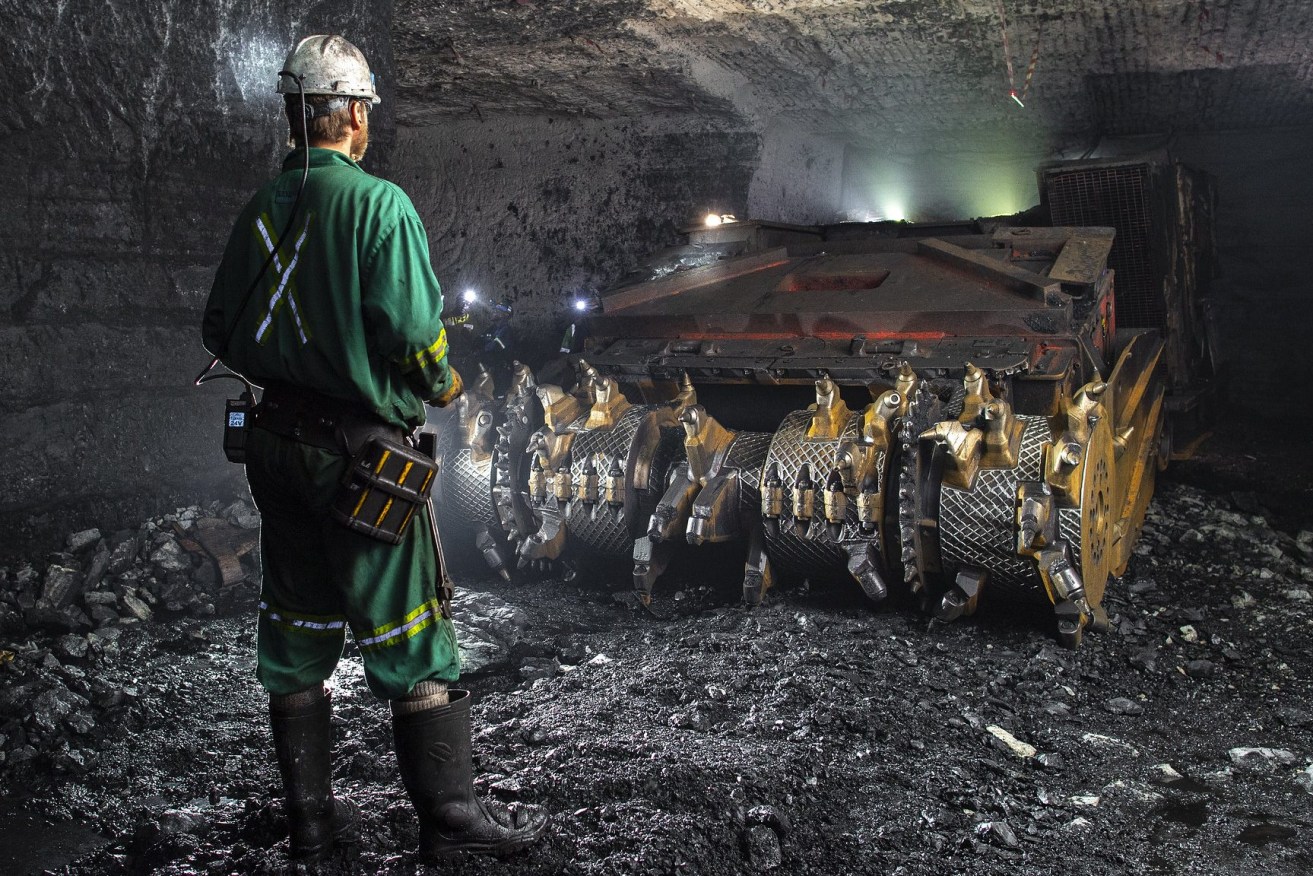Coal is harmless ‘as long as 95 per cent stays in the ground’, study says


Some 4000 countries, states, regions, cities and companies globally have now committed to net-zero. (File image).
His comments follow a warning that the world must leave 95 per cent of its coal in the ground by 2050 if it was to have half a chance of limiting global warming to 1.5C.
The study, led by researchers from University College London, found nearly 60 per cent of current oil and fossil methane gas and 90 per cent of coal reserves must stay in the ground by 2050 to meet the more ambitious Paris Agreement target
It follows a United Nations’ climate report card last month which showed 1.5C of warming above pre-industrial levels was on track to be reached in the early 2030s without drastic action.
But writing in The Conversation, Quiggin said that with just a a modest amount of political will, “or just the end of obstructionism from the federal Government, Australia could easily replace coal-fired electricity generation with a combination of solar and wind, backed by storage.
Quiggin said most of Australia’s coal-fired power plants were approaching the end of their operational lives, even in the absence of climate change concerns and bringing their closure forwards “could be almost costless”.
“We could easily double our current rate of installation of utility-scale solar and wind generation, if the Federal Government got out of the way and let the states tackle the job.”
He said of five newer plants commissioned since 2020 four were in Queensland and had had a total capacity of less than 3 gigawatts. “Allowing for the fact solar photovoltaic only operates in daylight hours, this is about the same as one million 10-kilowatt rooftop solar installations (about average for new installations).
“Queensland already has more than 750,000 solar rooftops, and capacity for another million,” he said.
“More notably, the cost of decarbonising electricity supply is a fraction of the amount we have collectively spent to respond to the problem of the COVID-19 pandemic.
“Not only is COVID a smaller threat in the long run than climate change but a comprehensive response to pandemics requires us to stabilise the climate and stop the destruction of natural environments.”
Quiggin wrote a report last year in which he said Australia could successfully transition the workforce with a mixture of measures including early retirement, retraining, and investments in renewable energy targeted at coal-dependent regions.
“The cost of this would be around $50 million a year, over 10 years. That’s less than the estimated cost of a week of COVID lockdown in Sydney,” he said.
The Nature journal study released on Thursday warned Australia and other OECD Pacific nations needed to leave 95 per cent of coal in the ground by mid-century to limit warming.
Australian National University climate and energy economics professor Frank Jotzo said change would be forced on the country if it was not proactive.
“What Australia needs to do, and in fact any large fossil fuel producer and exporter needs to do, is face the fact this is a declining industry,” he told AAP.
“What that means is to put in place solid plans for cushioning the impact on affected regions and communities.
“That means structural economic adjustment in areas such as the Hunter Valley, central Queensland and some other part of the country.”
The federal government is reticent to commit to net zero emissions by 2050 ahead of global climate talks in Glasgow in November.
It says it wants to get there as soon as possible and preferably by that time.
The Federal Government also says it’s on track with its goal of reducing emissions on 2005 levels by between 26 and 28 per cent.
But its emissions reduction targets have faced repeated international criticism for being inadequate given the urgency of the problem.












